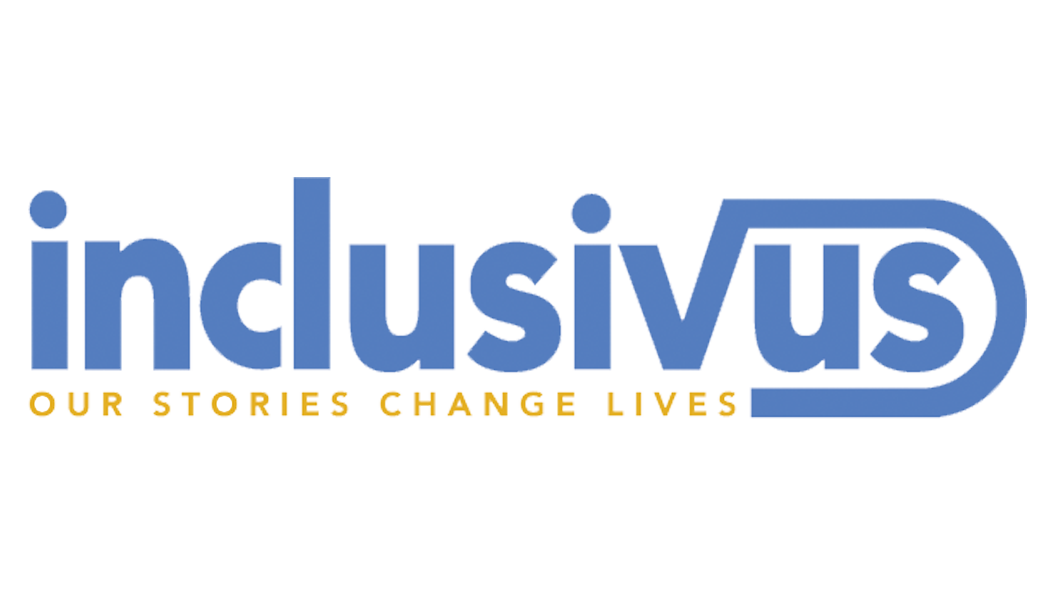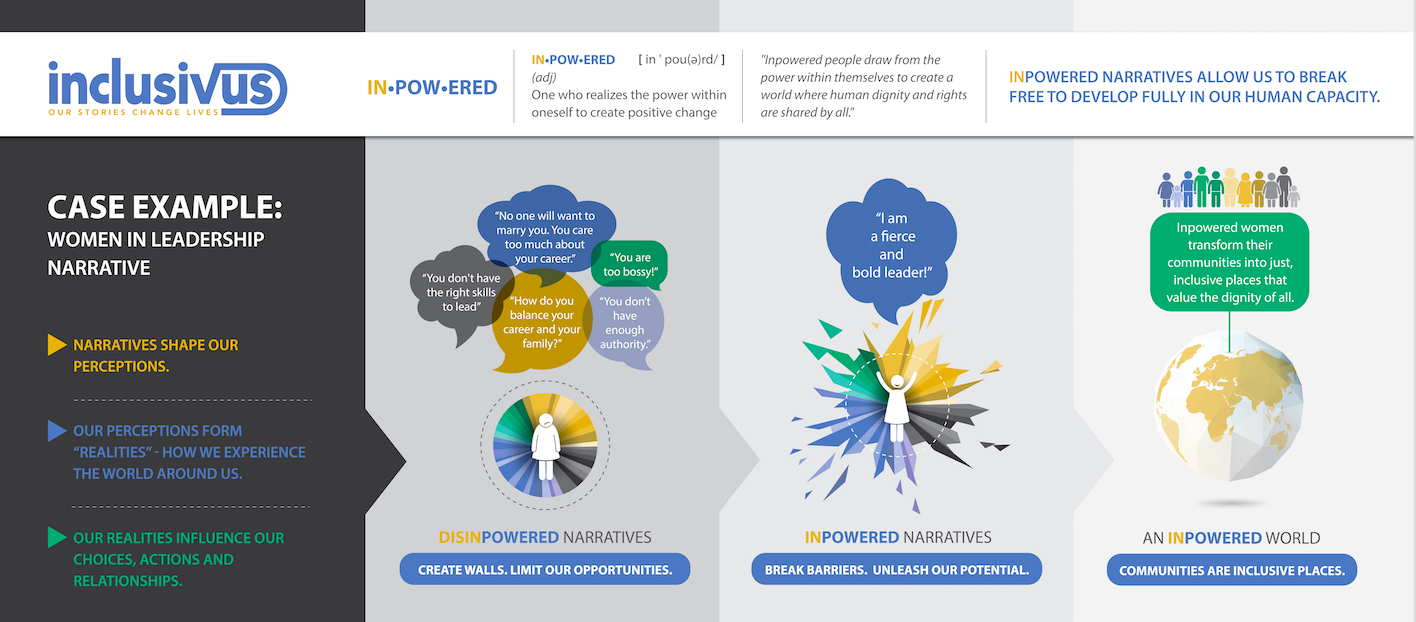BY Judithe Registre, Founder and Podcast Host
Photo by Robert Collins on Unsplash
Look at any recent headline from any major news source:
North Korea Missile Test Shows It Could Reach New York, Say Experts (The Guardian)
Vanishing Farmland Fuels ‘Looming Crisis’ Across Africa (NY Times)
Iran’s Missile Programme To Continue ‘with Full Power’ (Al Jazeera)
Former Ethics Director Says Trump Is Causing a ‘Crisis;’ Calls for Reforms (NPR)
These stories, others like them, and all the uncertainties surrounding them, have spurred a sense of global discomfort that many of us are feeling. This discomfort is creating a powerful wave of hopelessness, anxiety, and fear at epidemic levels.
This universal experience is more than shared pain; it is a shared challenge. It is a call to all of us to step into our power to change our lives and environments at the personal, communal, national, and international levels across a range of issues—from poverty, to climate change, to migration, to political engagement, and much, much more. [1]
When powerlessness is more problematic than the crises
When we look at what’s happening in the world—from the current humanitarian crises in Somalia, South Sudan, Yemen, and Nigeria, to the U.S. political climate—it seems completely beyond our own abilities to affect change. How can we possibly tackle a problem as big as famine or drought? How can we possibly have an impact in a political environment that notoriously disregards the tenets of democracy? How can we possibly make a difference?
As a coping mechanism, we might disconnect from these complications or become overly consumed. Consciously or not, we might decide that these difficulties are not ours to endure or resolve; therefore, they are not issues that we have to address or even think about. In fact, it is often easier to look away. Although opting out might seem to make things simpler for us in the short term, the long-term outcome might prove otherwise. What’s happening in the world around us impacts us directly. We feel it, we sense it, and we know it, even though we may choose to ignore what is happening. The stress and negative energy we feel are very real.
But stress and negative energy are not all that we have. As human beings, we have power. Our power to identify possibilities and opportunities to transform lives is one of our greatest assets. Finding solutions to problems that plague our environment benefits ourselves and those around us. It is a win-win.
How can we use our power to channel our hopelessness into social change?
What if, instead of looking at the magnitude of issues, we broke them down? What if we planned to bite into problems piece by piece instead of trying to swallow them whole?
So many of the conversations we have on The Get InPowered Podcast are about people finding answers to the questions that are important to them, the concerns that have an impact on their lives and their communities. These men and women are taking single matters (or, in some cases, many matters) and addressing them directly. A single person cannot eradicate global famine or transform global gender inequity, but the act of a single person can spur a transformative outlook that can inspire others to join in, thereby expanding what is possible. Sustainable progress is often incremental. Massive change tends toward catastrophe or disaster, but we can find courage in small acts of kindness in our lives and in our communities.
For instance, Mona Gulaid is addressing the drought in Somalia by raising awareness of the Somali people, and Abenaa Akuamoa-Boateng is working to improve the lives and perspectives of women in Ghana, as well as outsiders’ opinions of them, through the education of adolescents. These are just two examples of the many women and men who are transforming their communities through their actions.
Improvement in our lives and our communities does not happen naturally; it is constructed, designed, and executed by men and women, and it is sustained over generations. It also requires our active participation and engagement. We cannot depend purely on leadership outside ourselves and our communities to pave the way for change. Whatever the context, whatever country and environment we are in, advancing ourselves to the kind of lives and communities that we want to have requires that we work on our own behalf. It means that we cannot wait for others to do the work that needs to be done, and we cannot rely on leaders who may have done the job before. We must become our own leaders, and we must challenge the leaders who are currently representing us. Self-leadership in our lives and our communities has never more critical.
At Inclusivus, our commitment to humanity is to support the power in all of us to make a difference in our lives, our communities, and beyond. Technology, corporate media, government agencies, and other social factors are fast at work altering us, our lives, and our world views. Shouldn’t we also have a say in shaping the world in which we want to live?
We are not merely passive actors in our world—e are active and powerful players. At times like these, when so much seems beyond our control, and we find ourselves reacting, responding, or consuming at the mercy of forces outside our capacity, there are simple questions we can ask ourselves: What are the things I can influence to inspire change in my life and in my community? What can I create? What can I design? What can I question to improve on the current state of reality at the personal or communal level?
Instead of existing in a constant state of panic brought on by the news and our social media feeds, let us try to answer those questions. We can start by harnessing our power individually and collectively. This work has already begun. Find your charging station in the issue or community network that you are most passionate about and go on amplifying your own power and transforming the world you want to live in.
Photo by Vlad Tchompalov on Unsplash
---
[1] For more, see Eric Lui’s TED Talk, Why Ordinary People Need to Understand Power. In it, Lui expertly illustrates the need for individual men and women to understand where power comes from, the power that we all have, and how we can wield it effectively.







